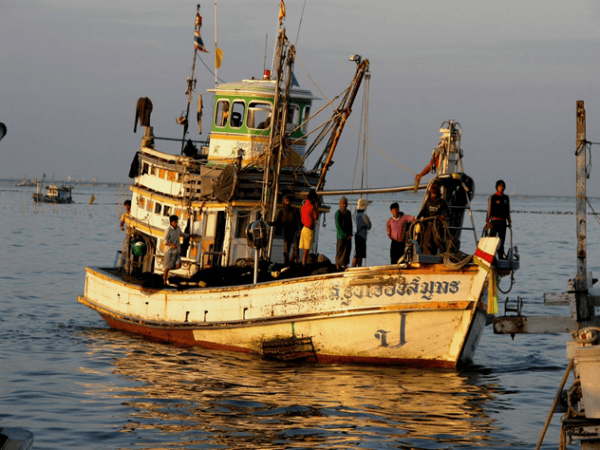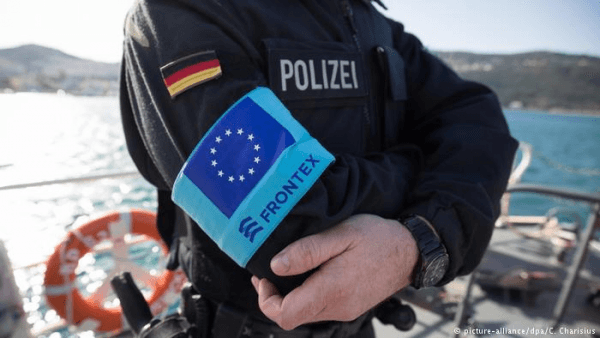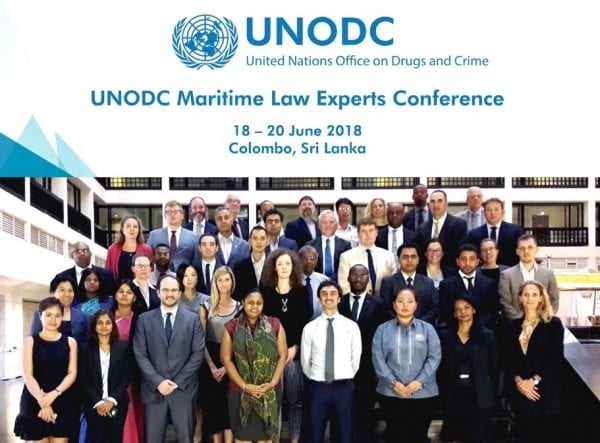
Dr Sofia Galani, Lecturer in Law, University of Bristol Law School
A quick internet search for human rights in the first week of August retrieved results about the crucifixion of convicted criminals in Saudi Arabia and the political stand-off with Canada, the struggle of Argentinian women to decriminalise abortion and the debate on religion freedom sparked by Boris Johnson’s derogatory comments about women wearing burqas.
With all these human rights debates around us, it is not difficult to understand why we have not considered the human rights violations that take place in the maritime domain.
Whose rights are affected at sea?
Several people can suffer human rights abuses at sea. The desperate efforts of refugees and migrants to escape from war-ridden countries on unseaworthy vessels, the deaths during rescue or push-back operations, and their interception and forceful return to their countries drew the attention of the world to their suffering.
However, it is not only refugees at sea that are exposed to risks of human rights abuses. The 2 million seafarers and 60 million fishers are more vulnerable to human rights violations. Ill-treatment, abandonment, excessive hours of work without food or water and risks of violent attacks and hostage-taking in piracy prone waters are only few examples of their daily suffering.
People arrested at sea for piracy, drug trafficking, illegal fishing or other maritime crimes might also be deprived of their liberty or right to a fair trial. Even activists and NGOs, such as Greenpeace, exercising their right to peacefully protest at sea might be arrested and detained without judicial supervision.
Whose duty is to protect human rights at sea?
Under the international law of the sea and human rights law, states have a duty to protect human rights at sea. The 1982 United Nations Convention on the Law of the Sea – ‘the Constitution of the Oceans’ – requires flag states to exercise effective jurisdiction and control in administrative, technical and social matters on board vessels that fly their flags (Article 94). Various human rights treaties have direct references to the duty of Contracting Parties to protect human rights on board vessels (see, for example, article 5 (1) (A) of the 1984 Convention against Torture).
When such an explicit reference is missing, human rights bodies and courts have stepped in to interpret human rights treaties to apply on board vessels. It is now well-established that states operating at sea must comply with their human rights obligations.
Maritime law enforcement agents exercising effective control over persons, such as during counter-piracy operations or border control interdictions, also have to respect and protect their human rights (see, for example, J.H.A. v Spain, CAT/C/41/D/323/2007 (21 November 2008), UNCAT Communication No. 323/2007 and Medvedyev and Others v France – 394/03 [2010] ECHR 384).
What are the difficulties in protecting human rights in the maritime domain?
There are many challenges in effectively protecting human rights in the maritime domain, but this blog will only focus on two of them – one legal and one practical. The first concerns the way the human rights framework operates. Under international law, it is flag states that have a duty to protect human rights on board vessel. However, it is usually shipping and other private companies that are responsible for the day-to-day management of a vessel.
This means that those abusing persons on board vessels cannot be held directly accountable under human rights law. In addition, given that almost 70% of the Earth’s surface is covered in water, human rights violations can take place in a vast area far away from law enforcement agents and courts. Unless properly monitored and reported, human rights abuses can, and usually do, go unnoticed at sea.
What is the future of human rights in the maritime domain?
Protecting human rights at sea is not an easy task, but the many ways in which human rights can be violated in the maritime domain have received emerging recognition. Understanding the importance and challenges of protecting persons at sea against human rights abuses is only the first of the many steps needed to plug the gaps in the legal framework and amend current policies that will promote better cooperation and effectiveness in the way human rights in the maritime domain are recognised and protected.
In June 2018, Dr Sofia Galani, with the support of Policy Bristol, participated in the annual Maritime Law Expert Conference convened as part of the UNODC’s Maritime Crime Programme in which she discussed the importance of the recognition and protection of human rights in the maritime domain.
In July 2018, a team of University of Bristol students working under Dr Sofia Galani’s supervision published a report on ‘Flag States and Human Rights’ as part of the research conducted by the Human Rights Implementation Centre in collaboration with Human Rights at Sea.
